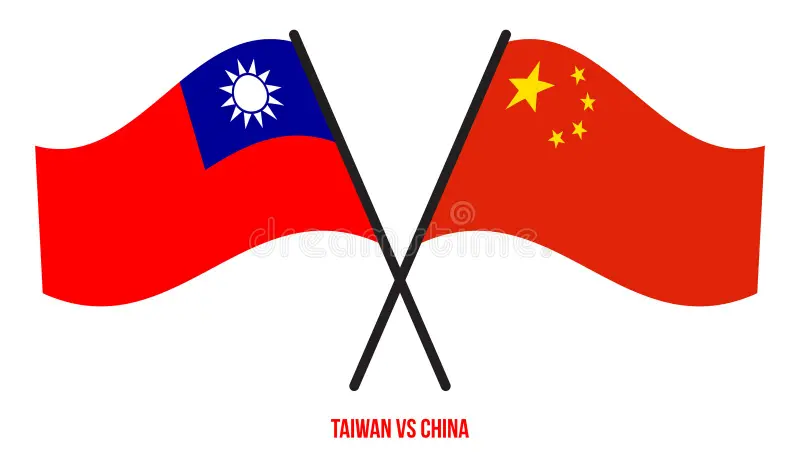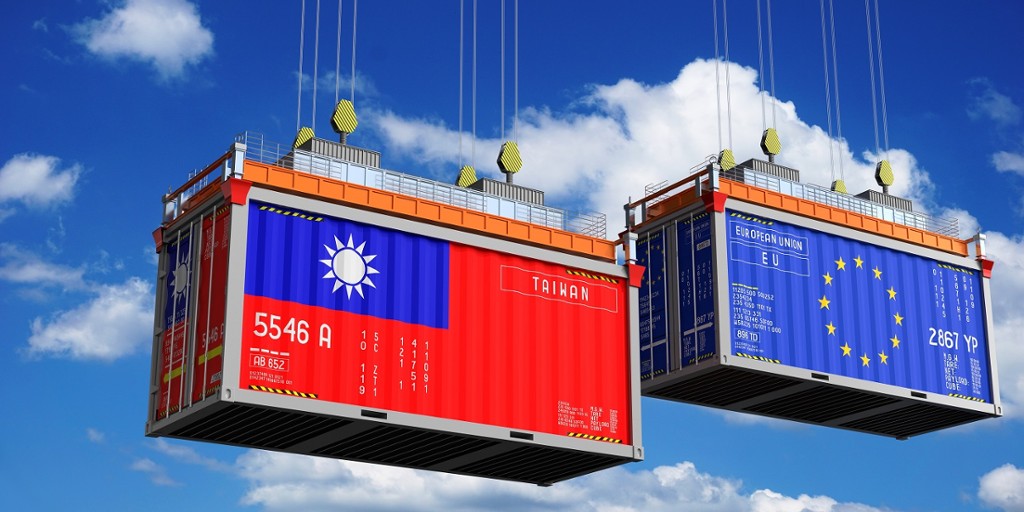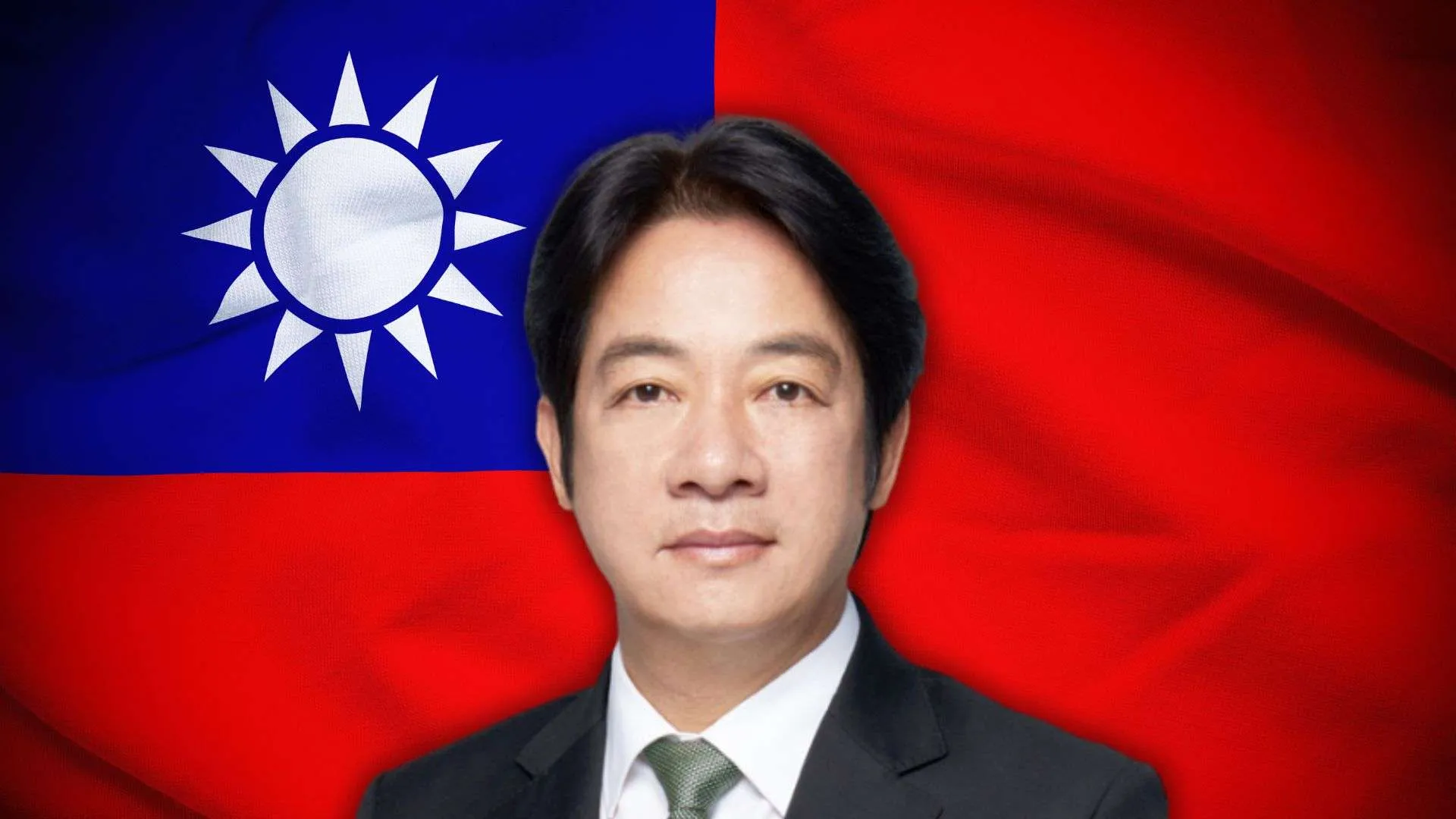by Martin Haffner Associate Editor
In a context of rising geopolitical tensions and looming threats, Taiwan is intensifying its military preparedness in anticipation of a potential invasion by China as early as 2027. This scenario, often cited by analysts and defense experts, underscores the urgency with which Taiwan is approaching its national security, given China’s increasingly aggressive posture towards the island.
Relations between Taiwan and China have long been fraught with complexity. For decades, the Chinese Communist Party (CCP) has viewed Taiwan as a breakaway province that must eventually be reunified with the mainland, by force if necessary. In recent years, this rhetoric has escalated, particularly under President Xi Jinping, who has emphasized the importance of national sovereignty and territorial integrity.
The delineation became sharper following events such as the pro-democracy protests in Hong Kong in 2019, which served as a stern warning to Taipei about the ramifications of Chinese rule. As Beijing has stepped up military drills near the Taiwan Strait and increased its rhetoric, the Taiwanese government, led by President Tsai Ing-wen, has sought to bolster its defenses and assert its sovereignty.
In response to the perceived threats, Taiwan has undertaken several strategic initiatives. One of the most significant is the focus on enhancing its military capabilities. This includes increasing defense budgets to upgrade existing equipment, purchasing advanced arms from allies, especially the United States, and developing indigenous defense systems like the Hsun Hai missile system.
Furthermore, Taiwan’s government is emphasizing asymmetric warfare tactics. These strategies prioritize mobility, guerrilla tactics, and cyber warfare capabilities, aimed at counteracting the potential numerical superiority of the People’s Liberation Army (PLA). Training drills increasingly simulate various scenarios, from large-scale assaults to cyberattacks, ensuring that the armed forces are prepared for a multifaceted conflict.
The Taiwanese public is also becoming more engaged in discussions about national defense. Awareness campaigns and patriotism-boosting initiatives aim to foster a sense of unity and readiness among citizens. This emphasis on domestic resilience reflects the understanding that, in the event of a conflict, civil society plays a crucial role in national defense.
Taiwan’s strategic pivot is not occurring in isolation. The international response, particularly from the United States and regional allies, has significant implications for Taiwan’s security landscape. The U.S. has reiterated its commitment to Taiwan through arms sales, military training, and diplomatic support. Recent legislation in the U.S. aims to enhance cooperative defense agreements and promote Taiwan’s participation in international organizations.
Japan and Australia are also increasing their military cooperation with Taiwan, recognizing the potential threat posed by China. Joint military exercises and intelligence-sharing initiatives are becoming more common, signifying a collective stance against aggression in the Indo-Pacific region.
Analysts suggest that China may aim for a decisive move by 2027, coinciding with the 100th anniversary of the PLA. While this timeline remains speculative, it has catalyzed Taiwan’s preparations and has raised alarms within the international community. The prospect of a military escalation in the region compels neighboring countries and global powers to reconsider their strategic frameworks, particularly regarding deterrence measures against an aggressive China.
Taiwan stands at a pivotal moment in its history, navigating a precarious geopolitical landscape marked by the threat of invasion. As it fortifies its defenses and cultivates international alliances, Taiwan’s resilience will be tested in the coming years. The situation remains fluid, and while the potential for conflict looms, it also catalyzes a stronger sense of national identity and resolve among the Taiwanese people. What unfolds in the next few years will be critical, not only for Taiwan but for the stability of the entire Indo-Pacific region. The world watches closely as Taiwan prepares for a future that, while uncertain, is marked by a commitment to defend its sovereignty and independence.



